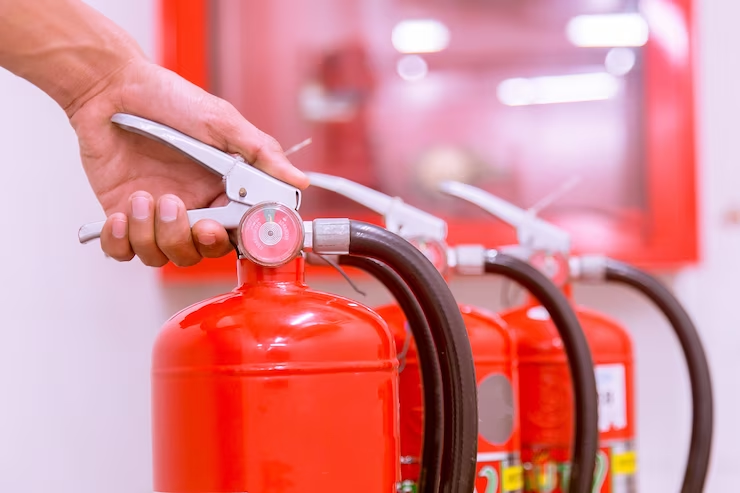
The Growing Importance of Soft Skills in Safety Engineering
The field of safety engineering is recognized for its emphasis on technology, which involves understanding how to recognize hazards and create safety rules. But today, companies are realizing that soft skills like communication and teamwork are just as important to building a strong safety culture
Top safety training institutes are adapting their curriculums to equip graduates with these essential soft skills. Good communication is essential for security. Safety rules should be clearly explained to different people in the safety workforce, such as engineers and regular employees, so everyone knows how to stay safe.
Collaboration is also important. Safety is not just one person’s job. Security engineers need to work closely with others from different areas of the company, such as engineering or management. This teamwork ensures that everyone shares responsibility for security and brings different perspectives to the table to optimize security planning.

In addition, security professionals who are good at speaking and listening can build confidence in everyone. This makes it easier for employees to discuss safety issues. Listening helps safety personnel understand what employees are going through and can identify risks that may not have been noticed before.
Safety training schools teach these soft skills along with technical skills. Things like role-playing scenarios are used to practice communication and group projects are used to practice teamwork. By focusing on technical content and soft skills, these schools prepare students to be great security professionals in today’s world.
By learning these soft skills, security professionals not only need to be adept at identifying and solving problems, but they need to get better at communicating, working together, and building trust with their teams in so improving the safety of everyone on the job.
